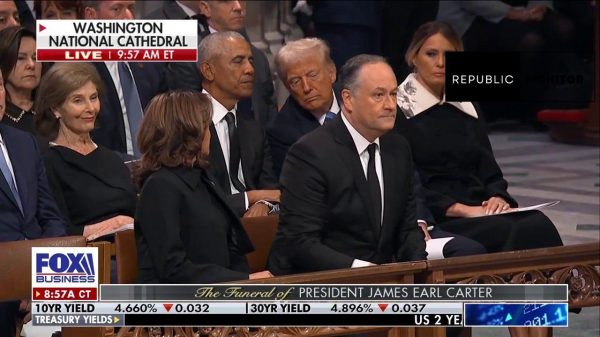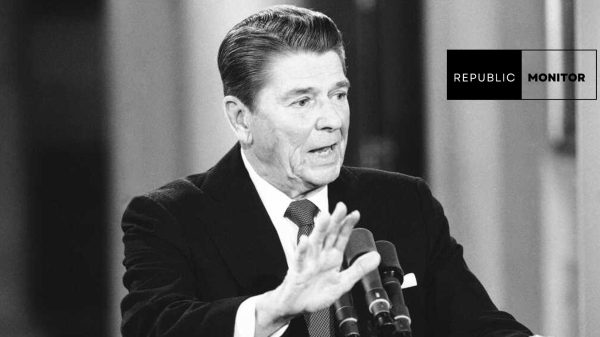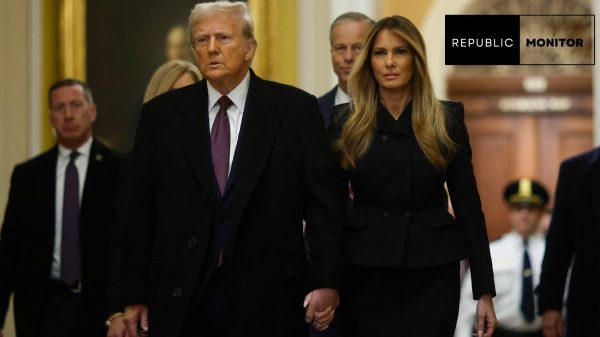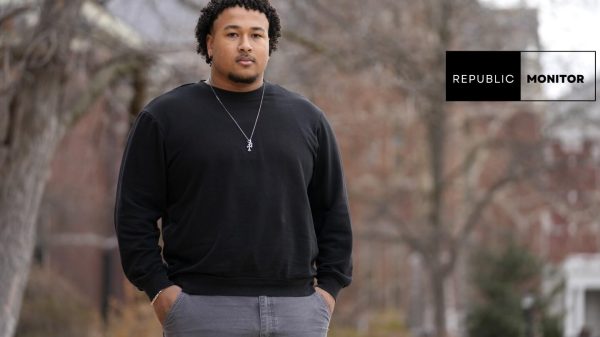In a significant development for U.S. healthcare policy, Congress is set to lose substantial experience with the impending departure of key health policymakers after this term. Notable figures such as Representatives Anna Eshoo (D-Calif.), Michael Burgess (R-Texas), and Brad Wenstrup (R-Ohio) are among those leaving, collectively representing about six decades of legislative experience.

“Health Policy Leaders Exit Congress: Impacts and Potential Successors”
Eshoo and Burgess have previously served as chairs of the Energy and Commerce Committee health panel, with Wenstrup chairing the Covid-19 select subcommittee. Burgess and Wenstrup have also co-chaired the GOP Doctors Caucus, showcasing their leadership roles in healthcare policy.
This departure is part of a broader trend in the House, raising concerns in health policy circles about the potential loss of lawmakers with a deep understanding of legislative maneuvering and the ability to pass impactful healthcare legislation. The recent political turbulence, marked by former House Speaker Kevin McCarthy’s unprecedented ouster and ensuing chaos, has added an additional layer of uncertainty to the future of healthcare policymaking.
Senator Bill Cassidy (R-La.), chair of the Senate HELP Committee, highlighted the significance of the departing lawmakers, stating, “There is a deal-making capability which is being lost in addition to institutional knowledge.”
Despite these concerns, there remains optimism that other capable lawmakers will step up to fill the void. Former Representative Susan Brooks (R-Ind.) expressed confidence in the mentoring efforts of departing lawmakers, stating, “[Eshoo, Burgess, and Wenstrup] have been mentoring other members.”
Anna Eshoo, in particular, has left an indelible mark on healthcare legislation. She played a pivotal role in creating the Advanced Research Projects Agency for Health, led efforts to establish the Pandemic and All-Hazards Preparedness Act, and contributed significantly to the Democrats’ initiatives to lower drug prices. Colleague Susan Brooks referred to Eshoo as a “legislative giant.”
Michael Burgess, an obstetrician-gynecologist, chaired the House Budget Committee’s health task force and led the passage of the Medicare Access and CHIP Reauthorization Act in 2015. Burgess also played a key role in pushing back against the Affordable Care Act and hopes to address doctor pay issues before the end of his term.
Brad Wenstrup, a podiatrist, led the Covid-19 select subcommittee, investigating the government’s response to the pandemic. He passed legislation to streamline the VA’s community care and expressed a desire for Congress to create a “better path forward” for pandemic preparedness.
As these influential figures prepare to exit, attention turns to potential successors. Representatives Larry Bucshon (R-Ind.), John Joyce (R-Pa.), and Mariannette Miller-Meeks (R-Iowa) are highlighted as potential candidates to take on leadership roles in the GOP Doctors Caucus.
The departure of these seasoned health policy leaders signifies a shift in the landscape, with the hope that emerging legislators will continue their legacy and navigate the complex terrain of healthcare policymaking in Congress.
















